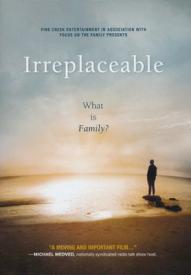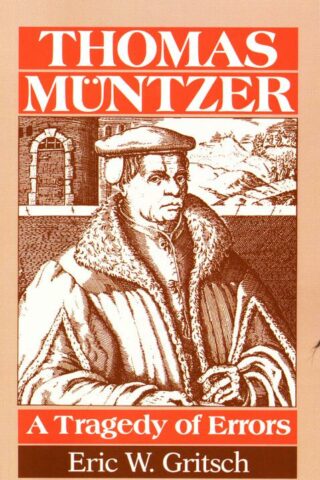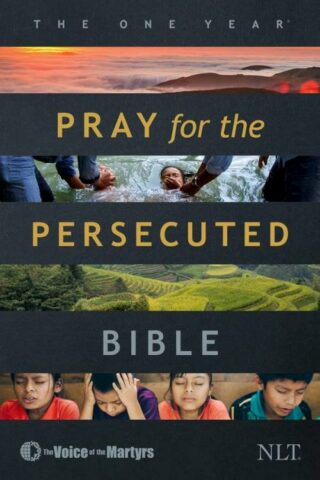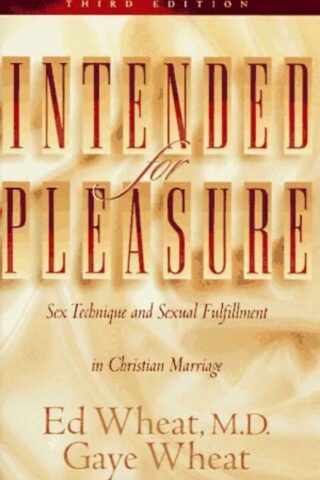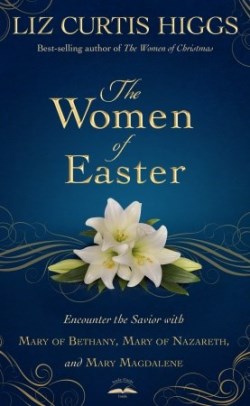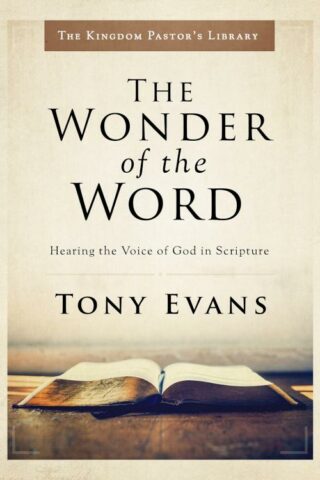Eric Gritsch
Showing the single result
-
Thomas Muntzer : A Tragedy Of Errors
$43.33Rejected in the sixteenth century by both Protestants and Catholics, yet hailed by Marxist historians as a forerunner of the Marxist revolution, this volume tells Muntzer’s story and offers a critical assessment of him in light of his extant works, with particular attention to the religious foundations of his revolutionary program.
Add to cartin stock within 3-5 days of online purchase


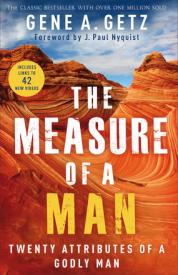
![602547485977 Secret Place [Live In South Africa]](https://ocbfbookstore.org/wp-content/uploads/2024/11/602547485977-320x480.jpg)

